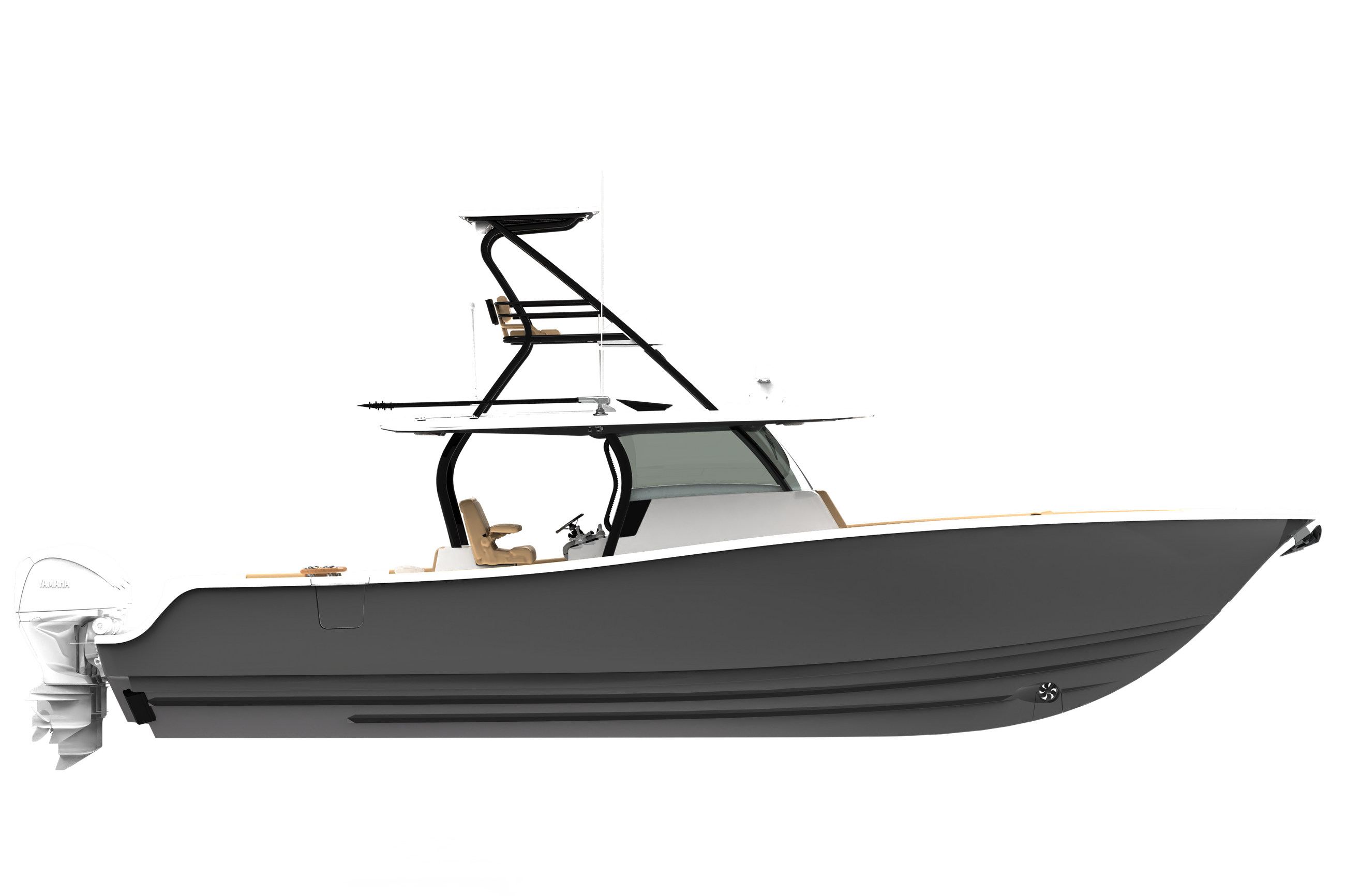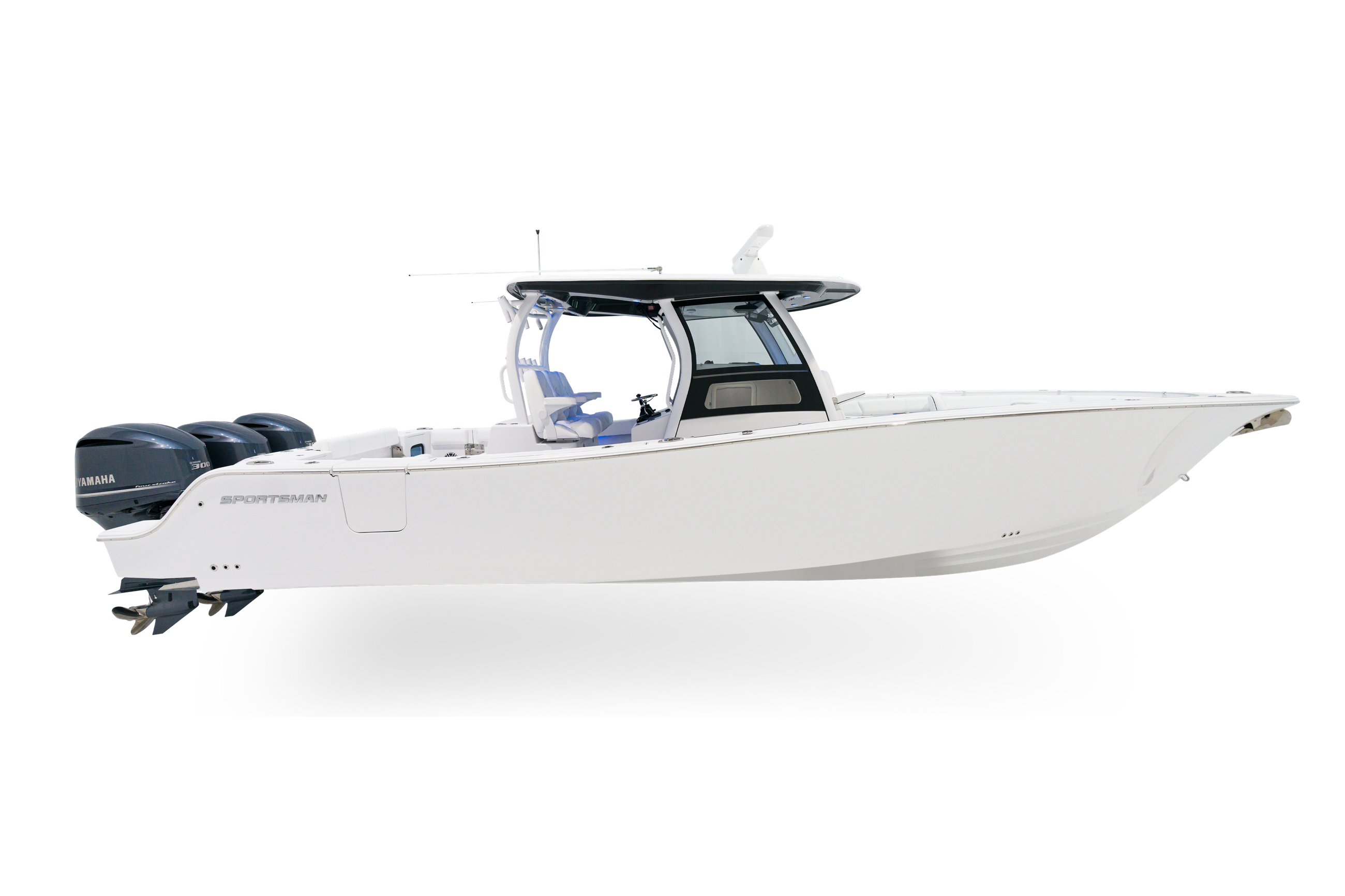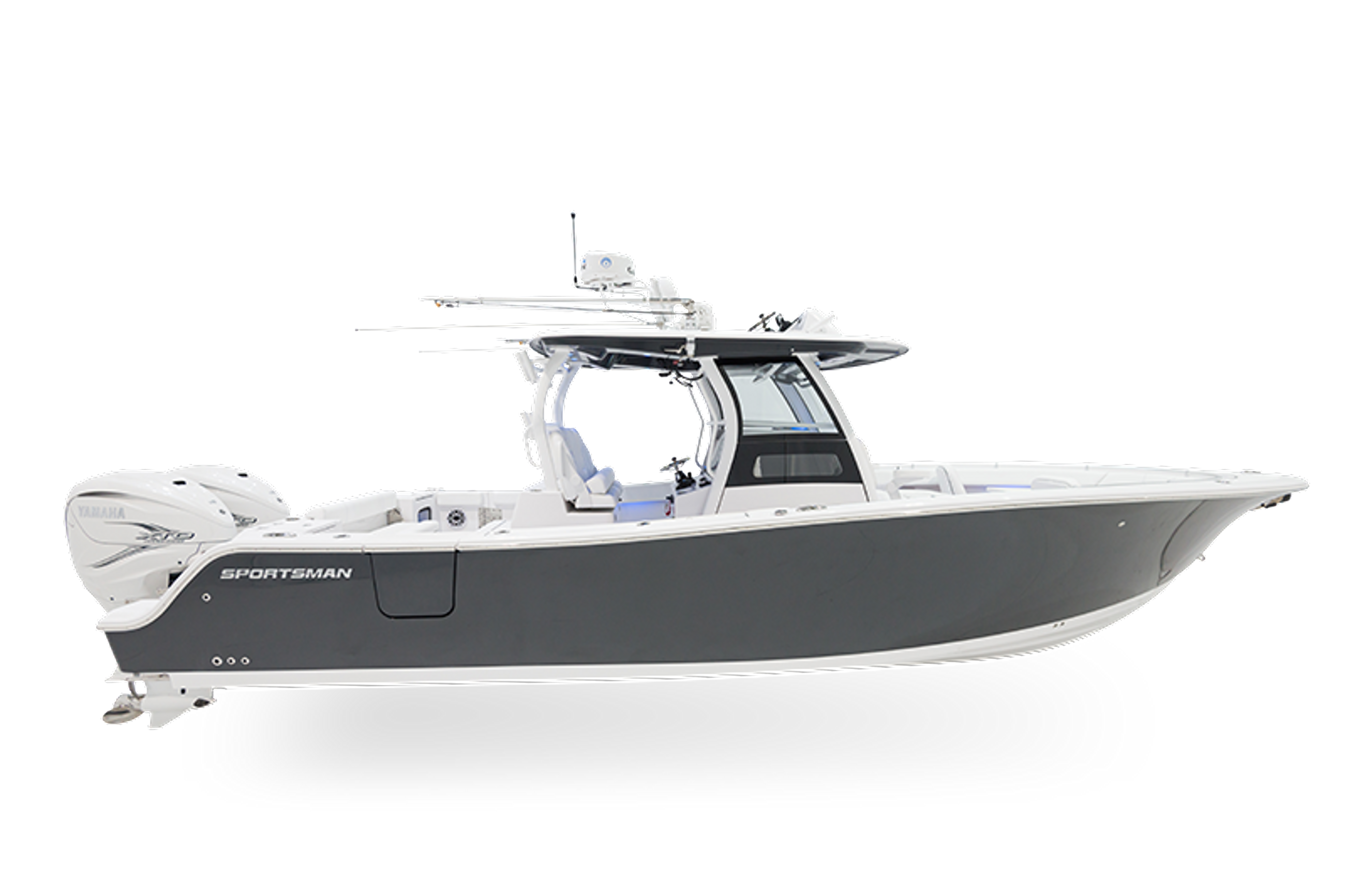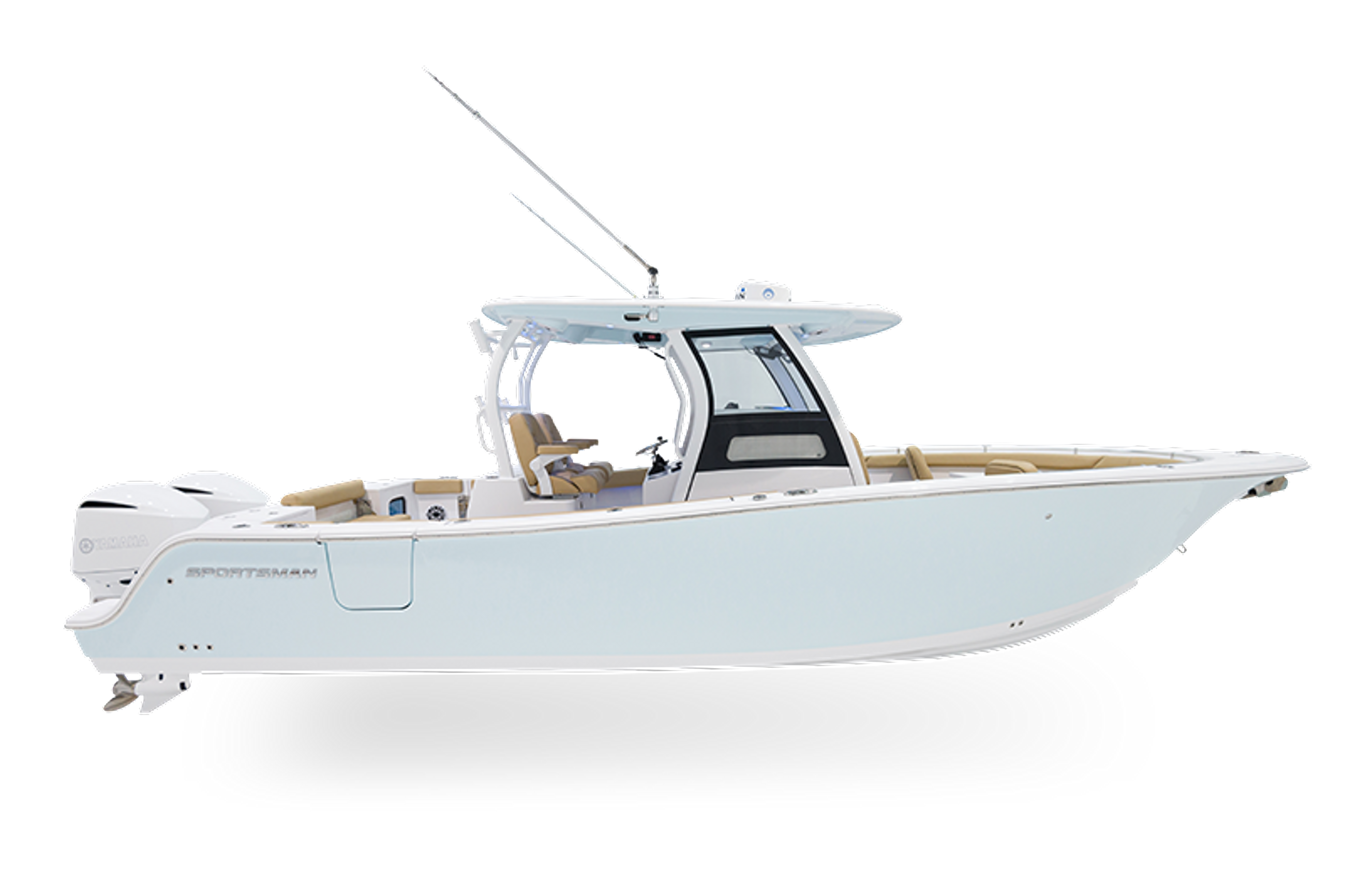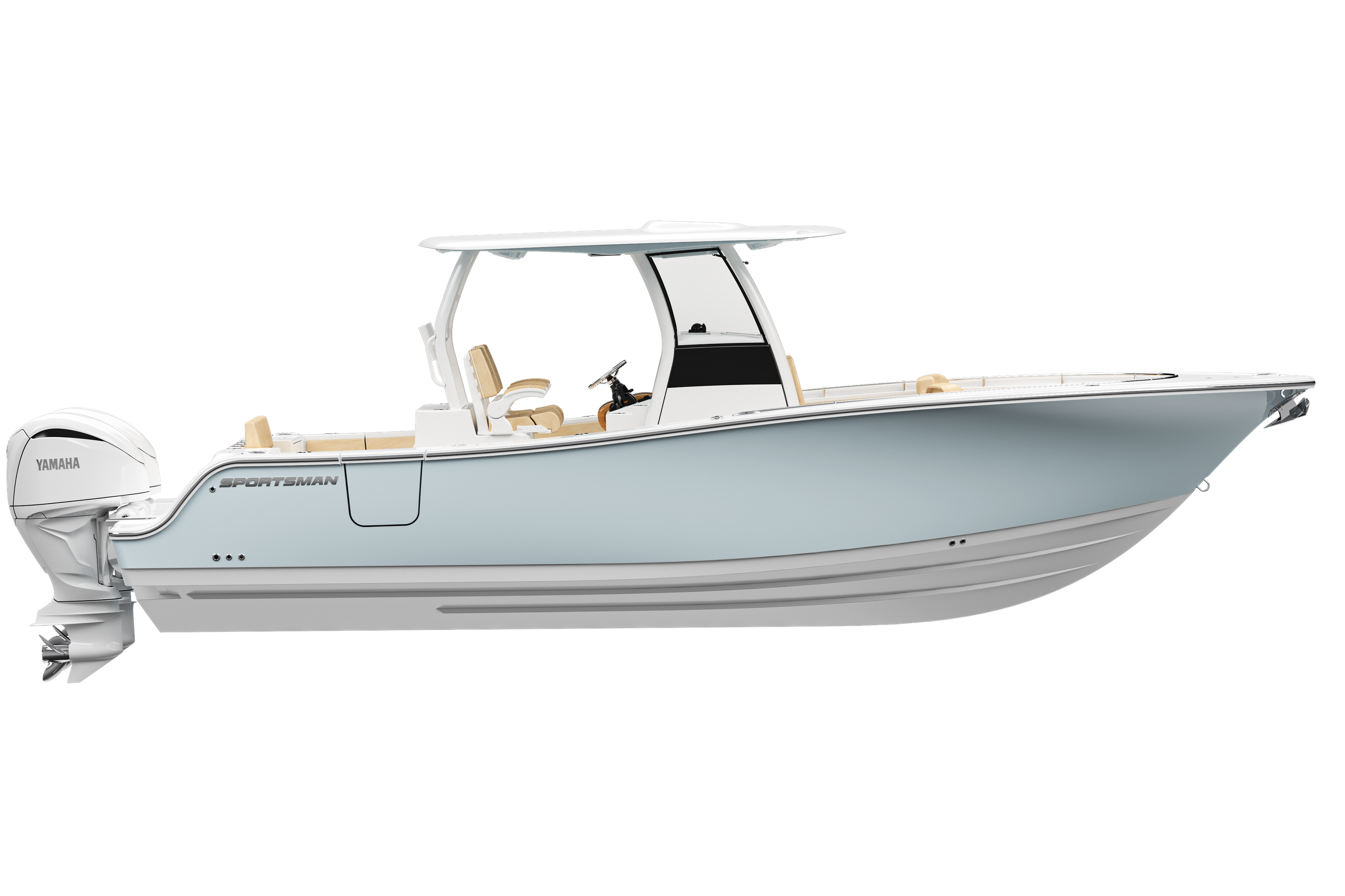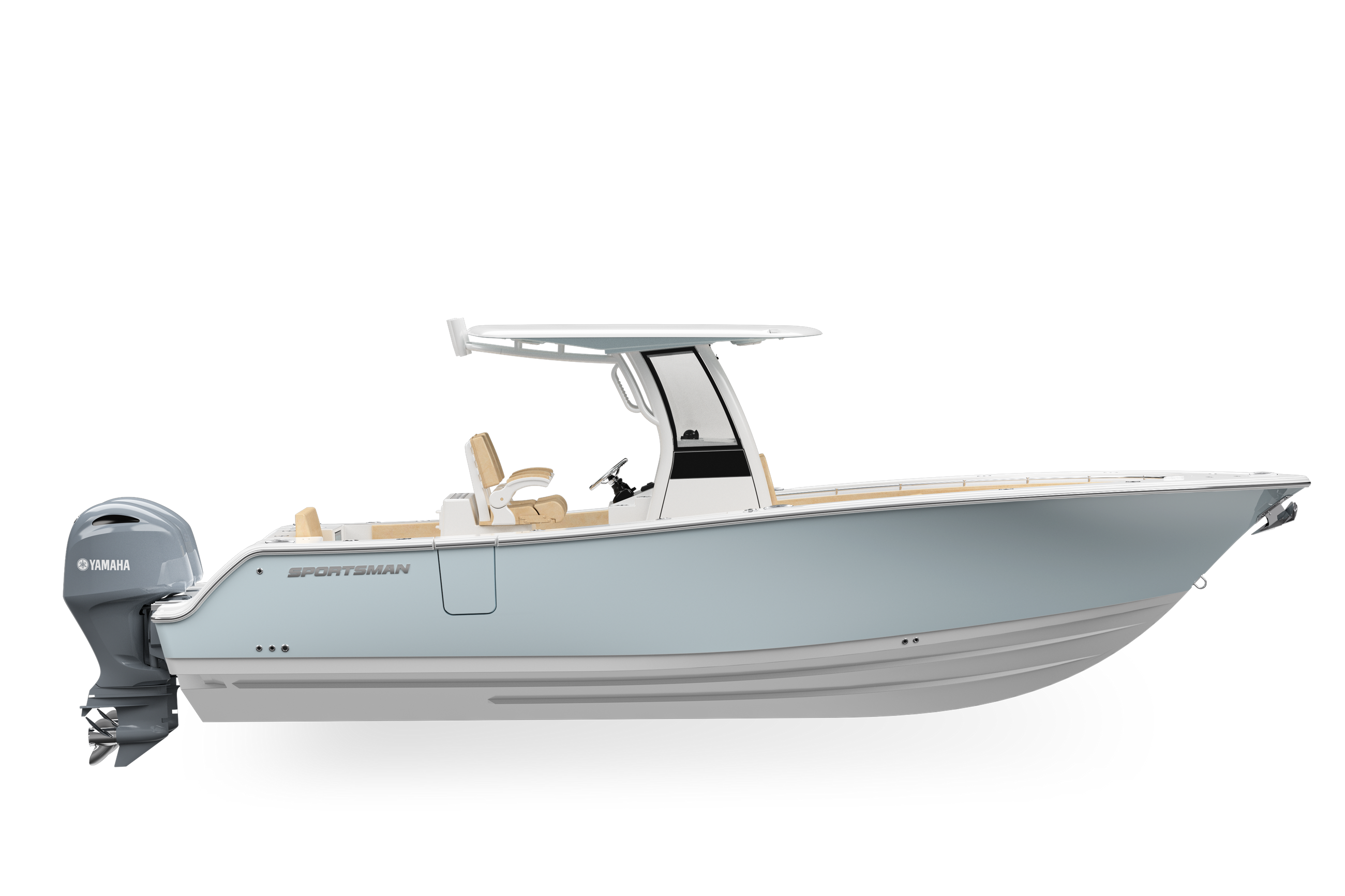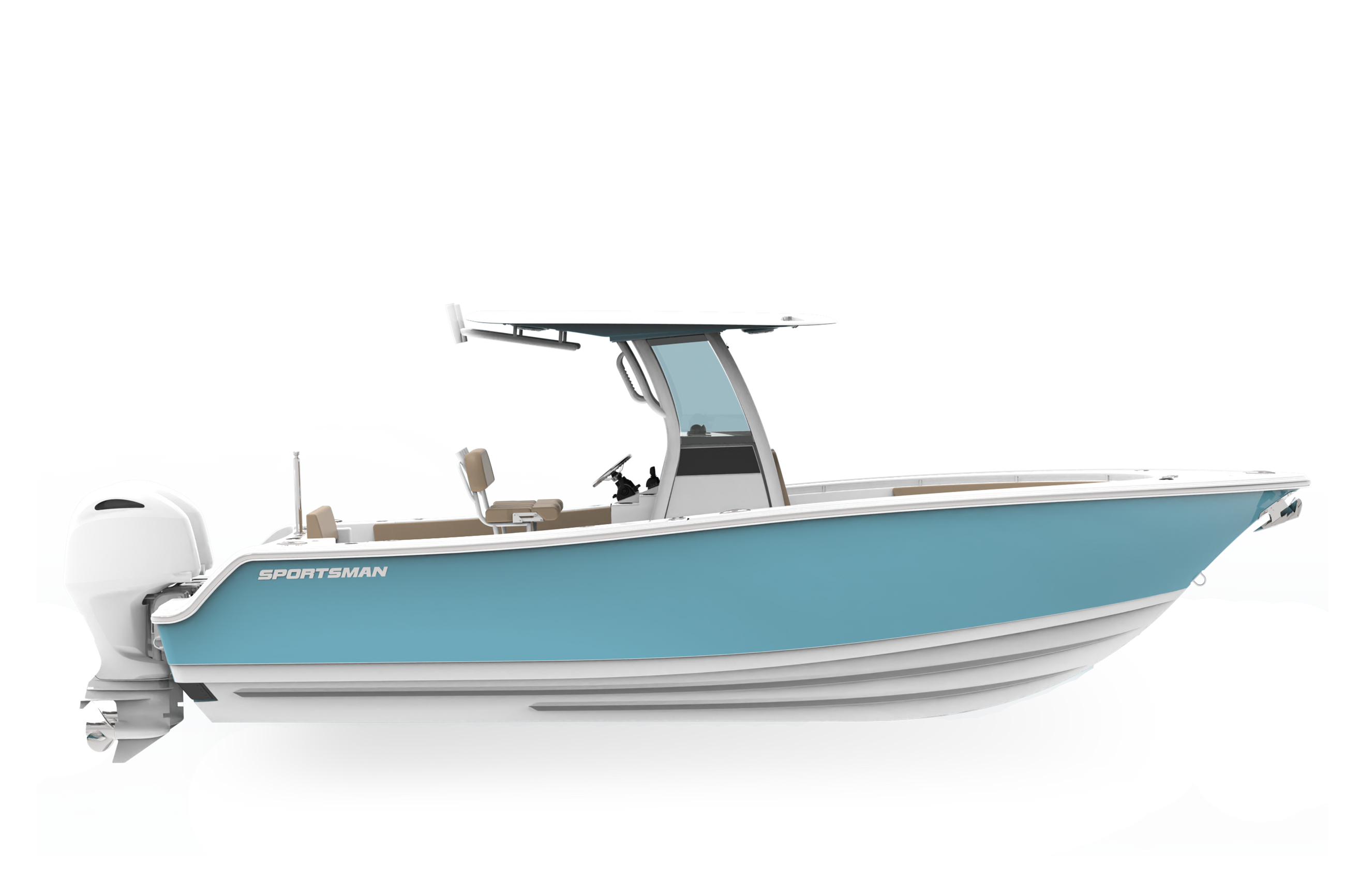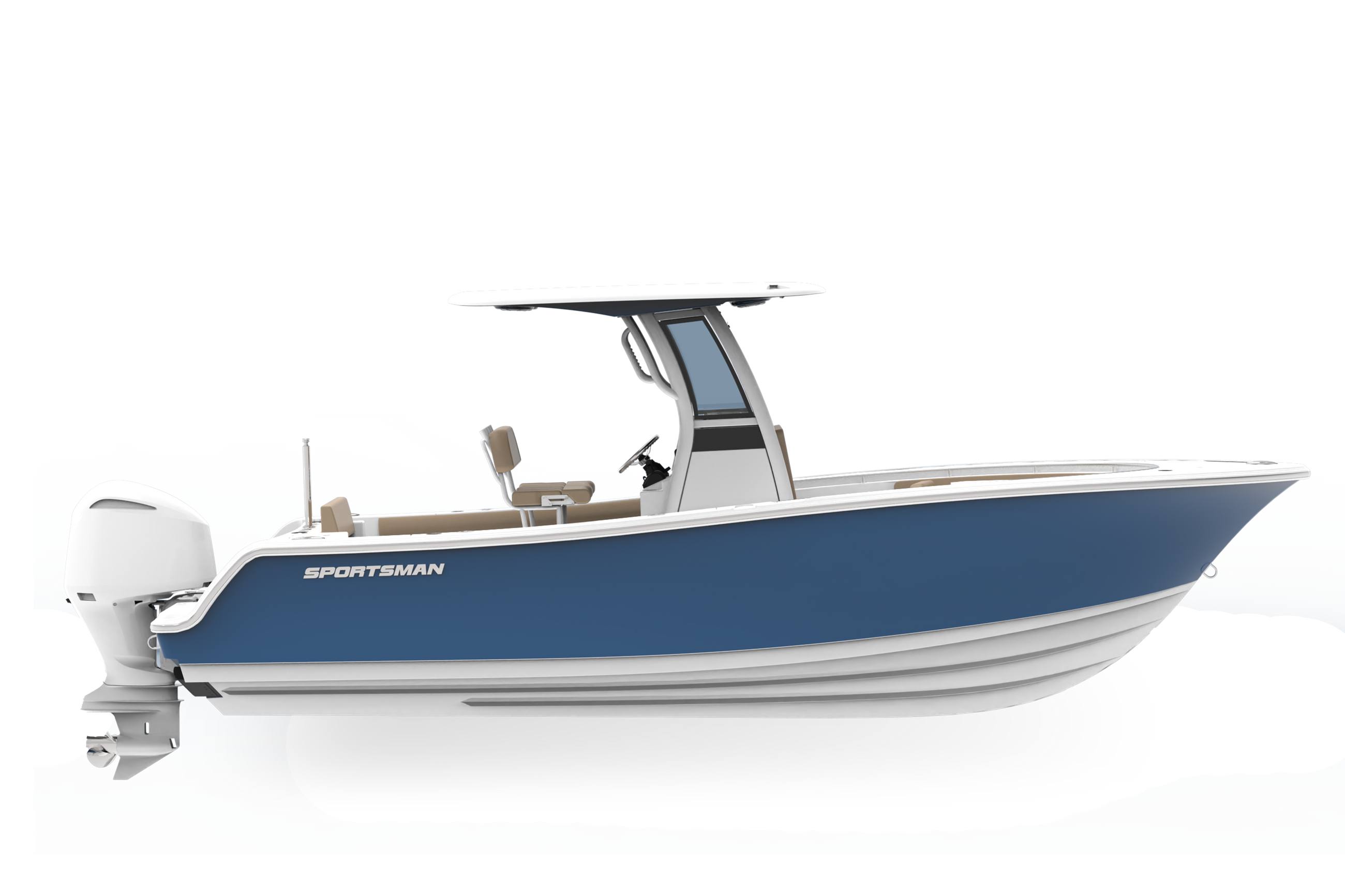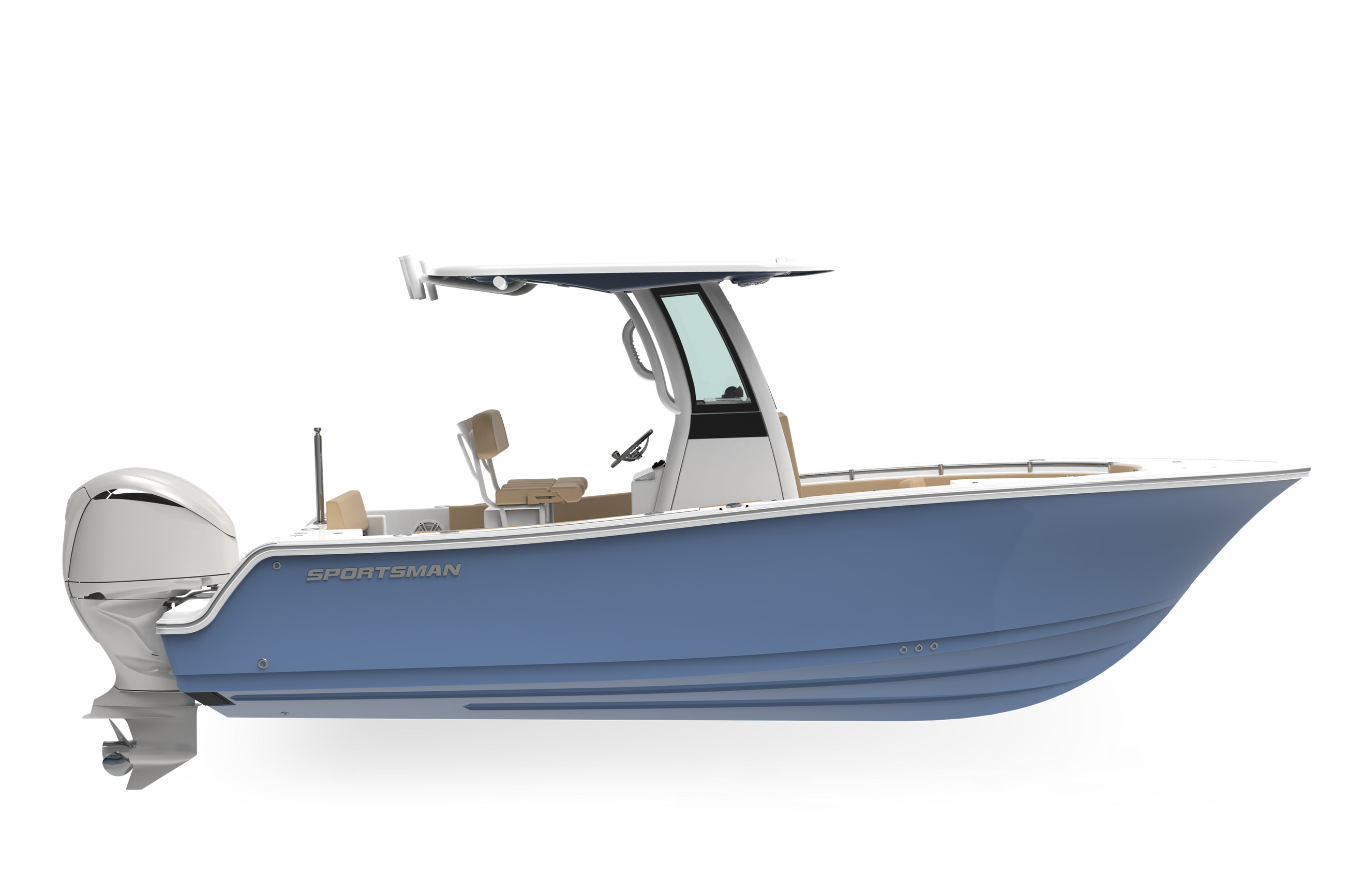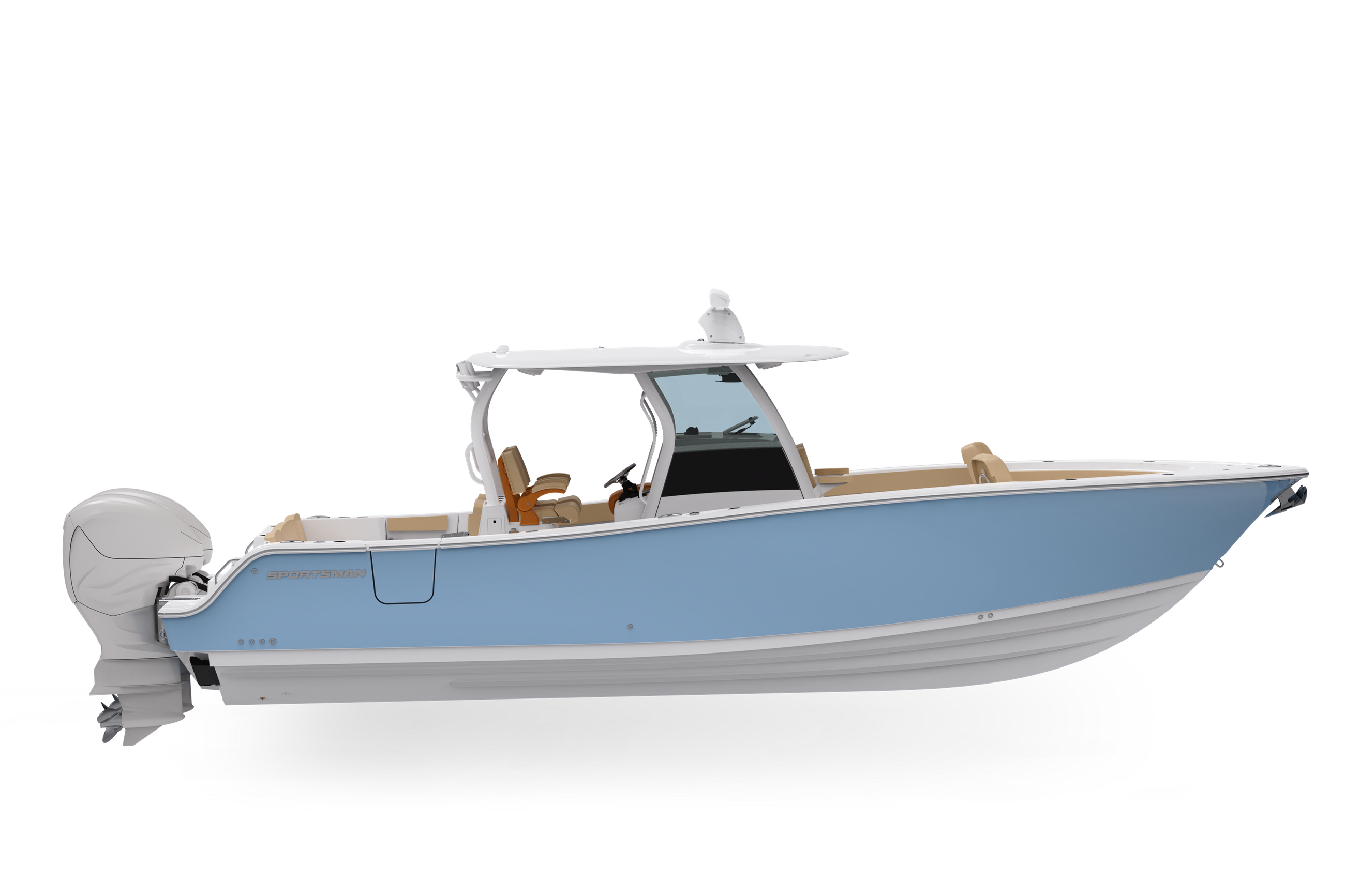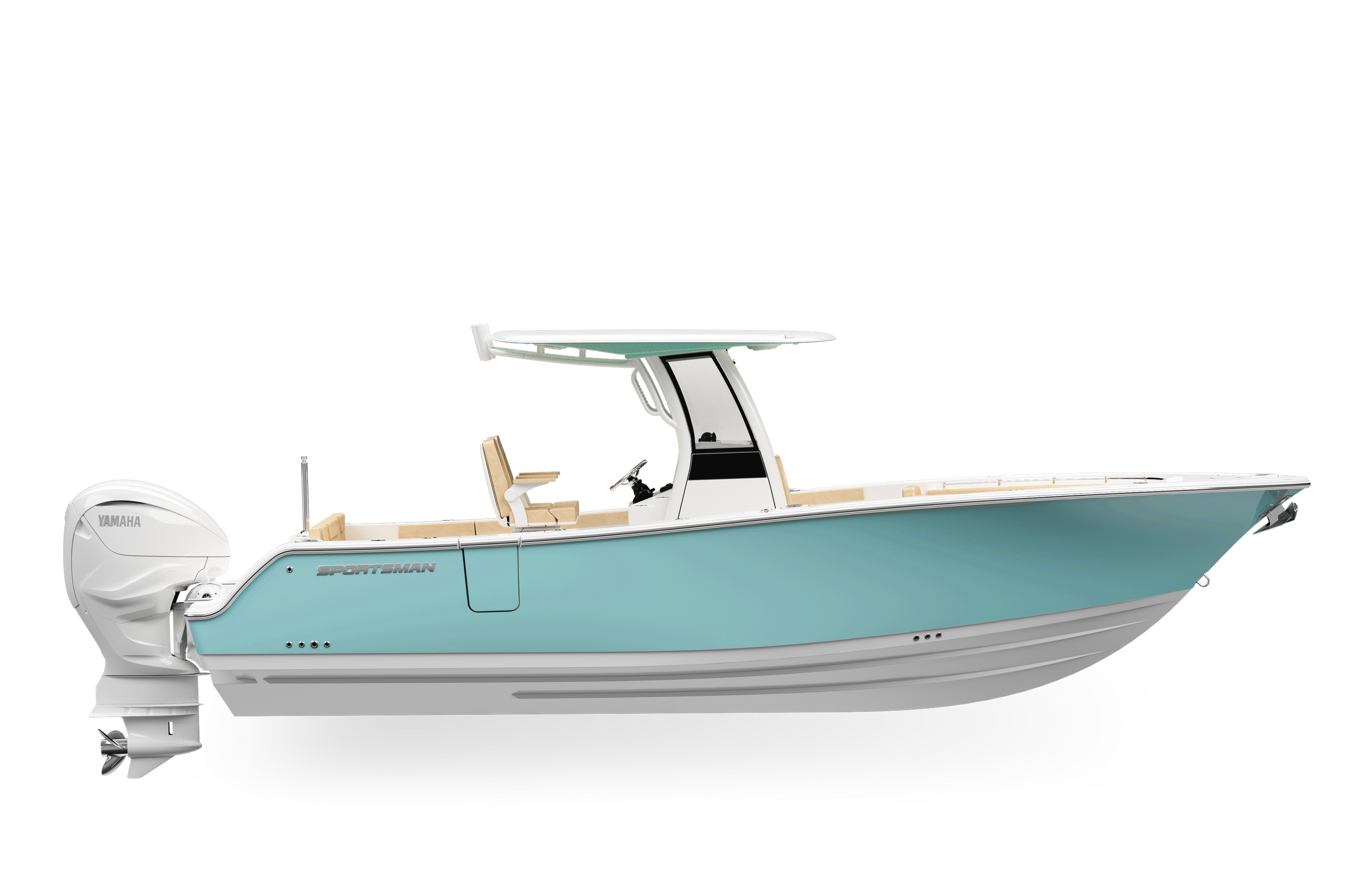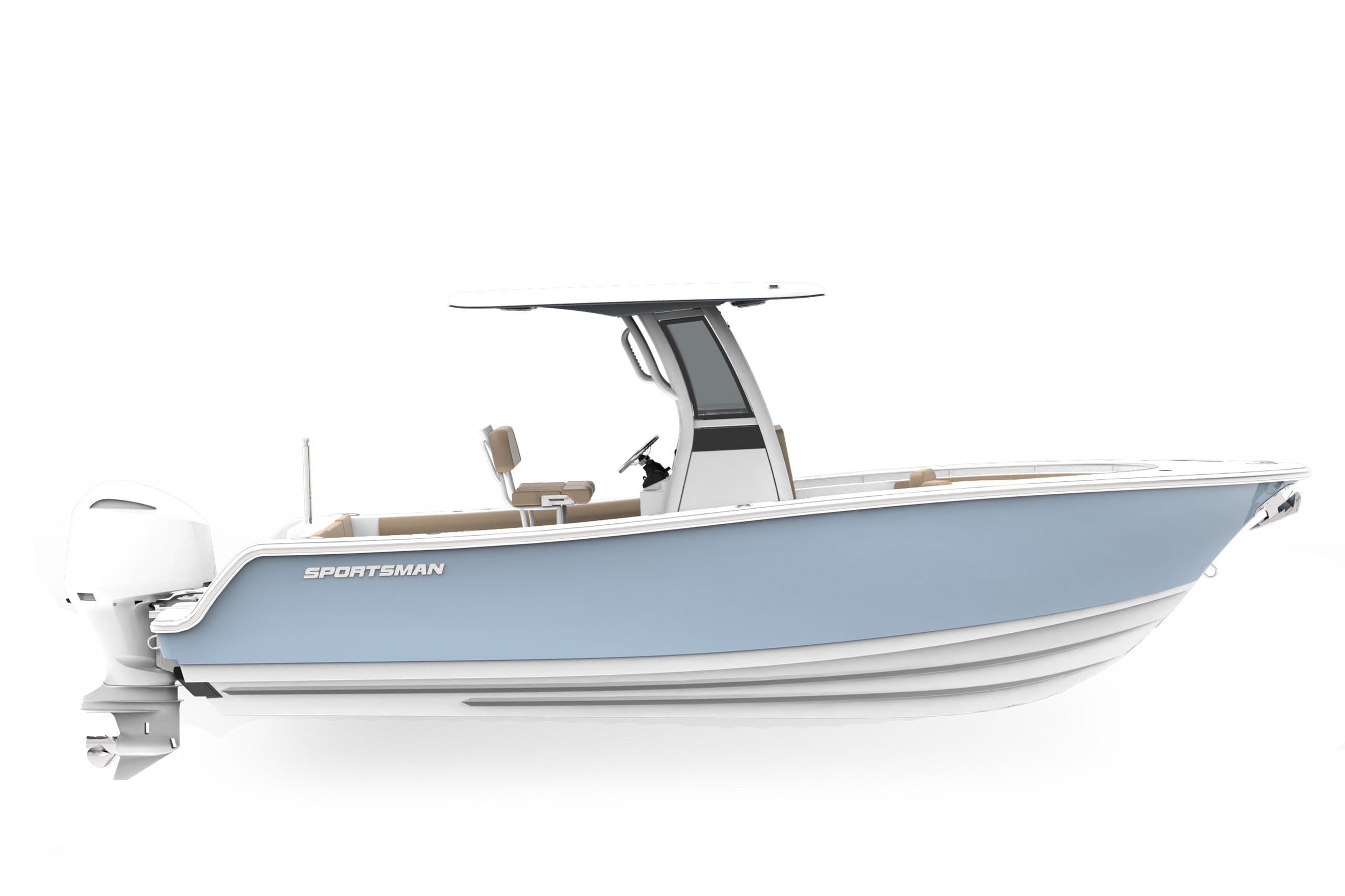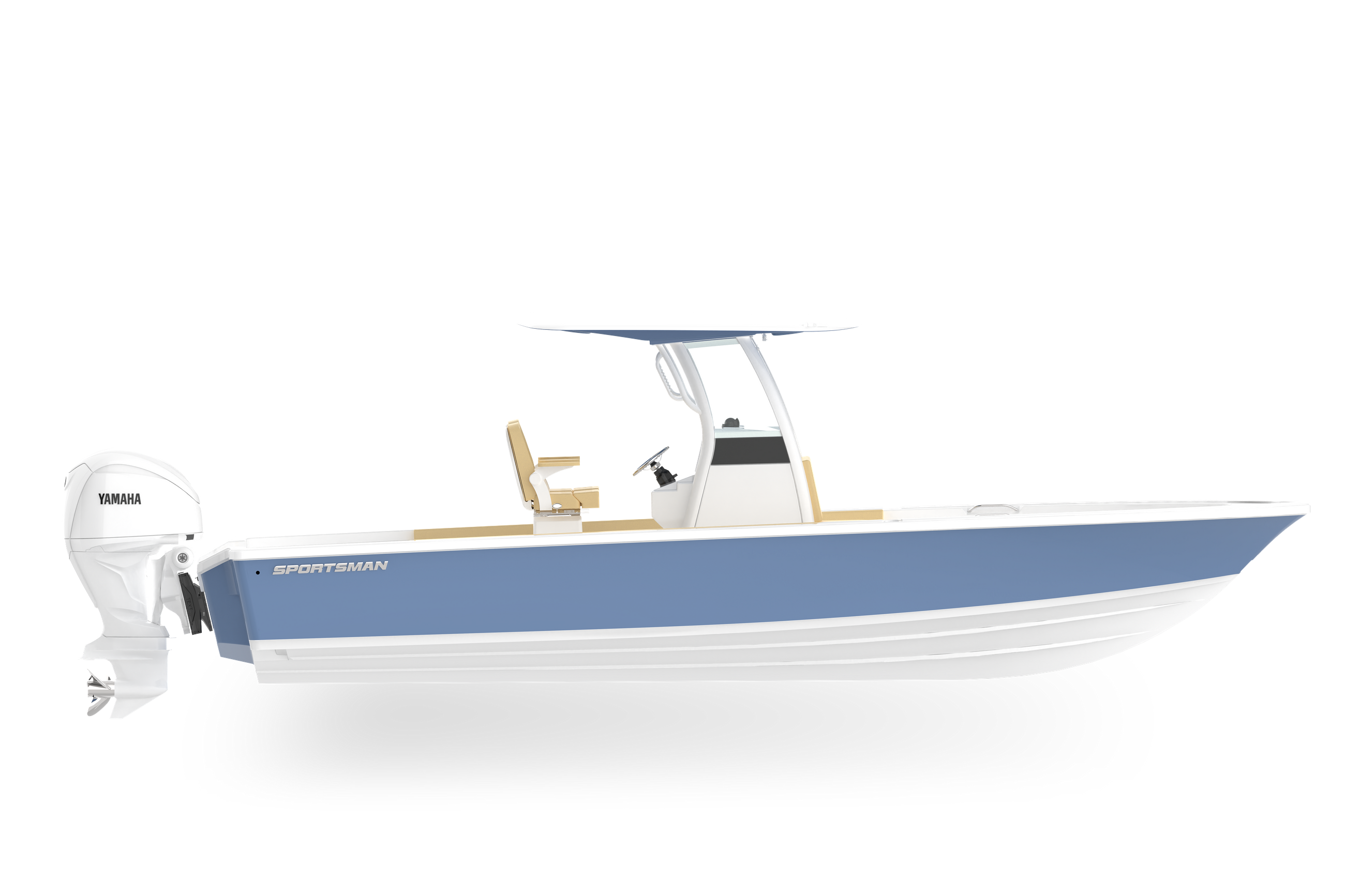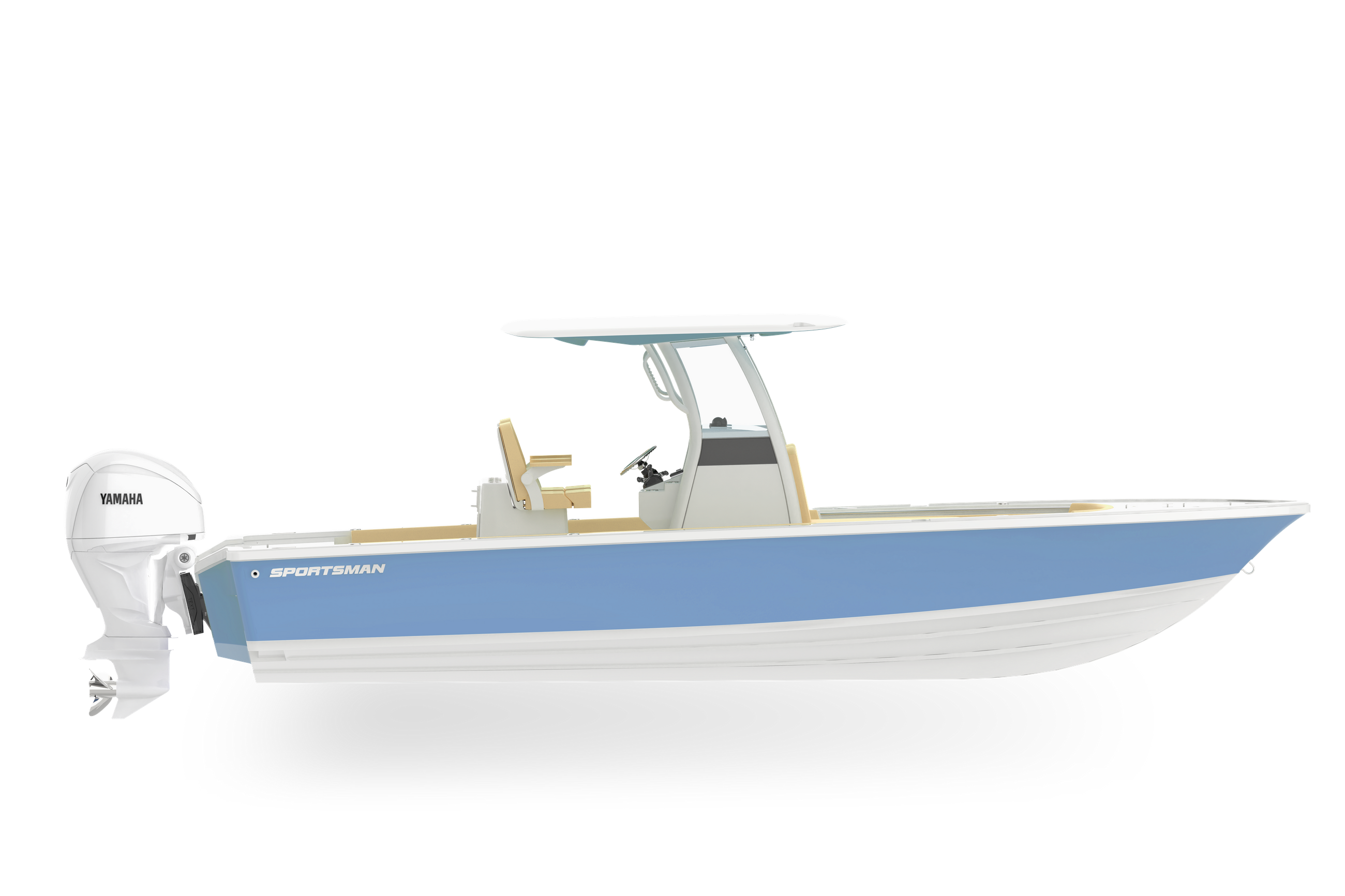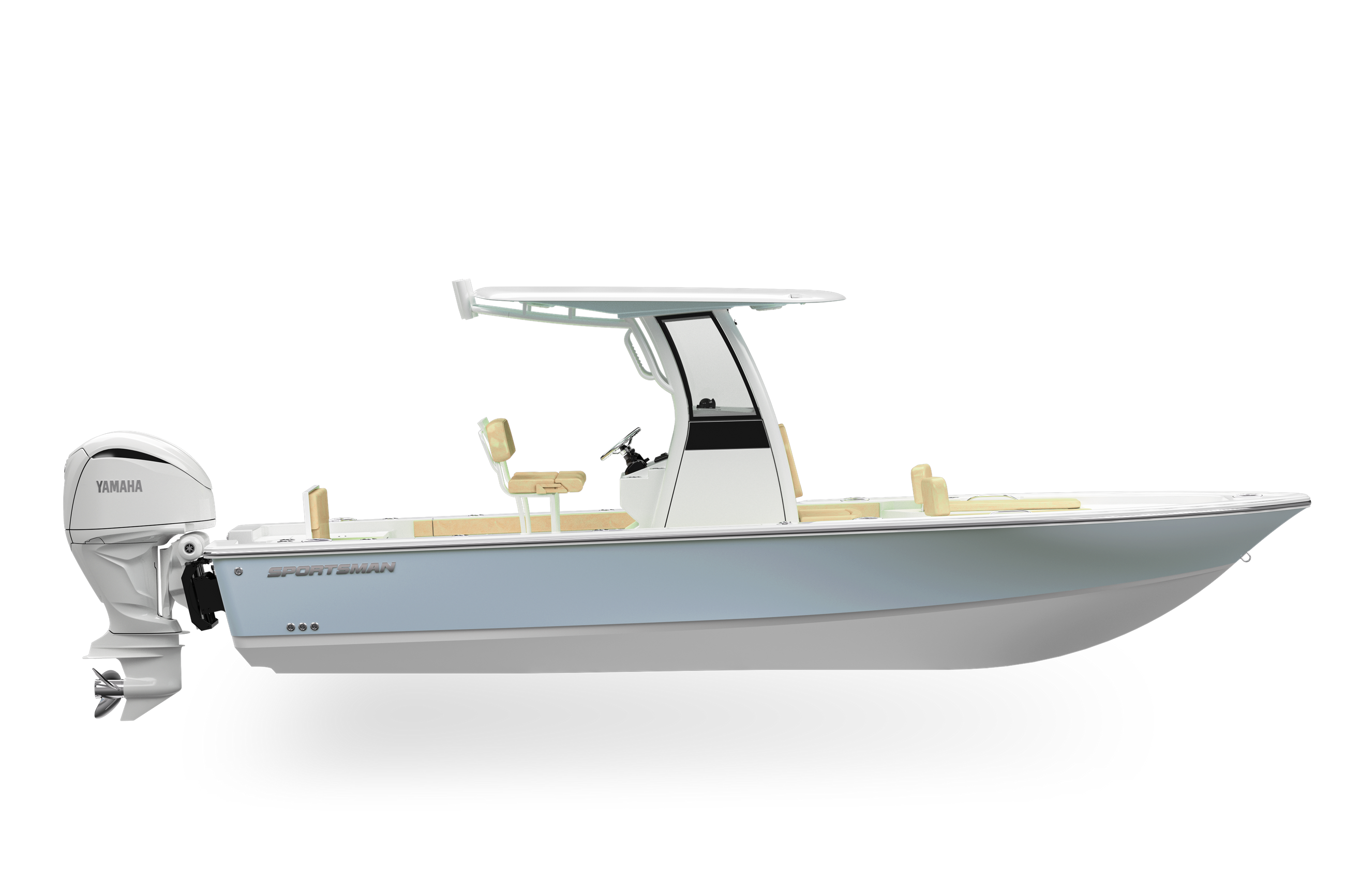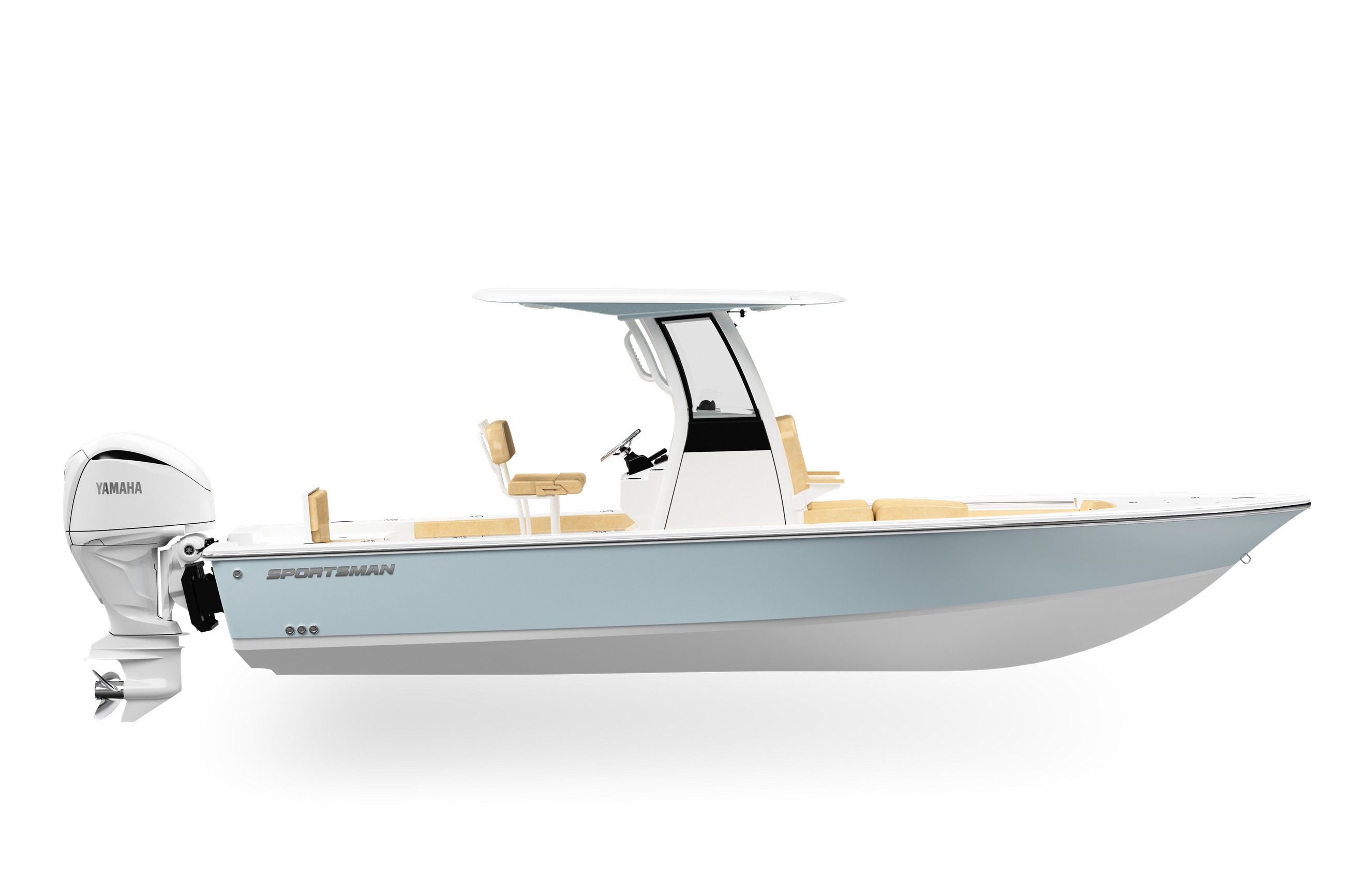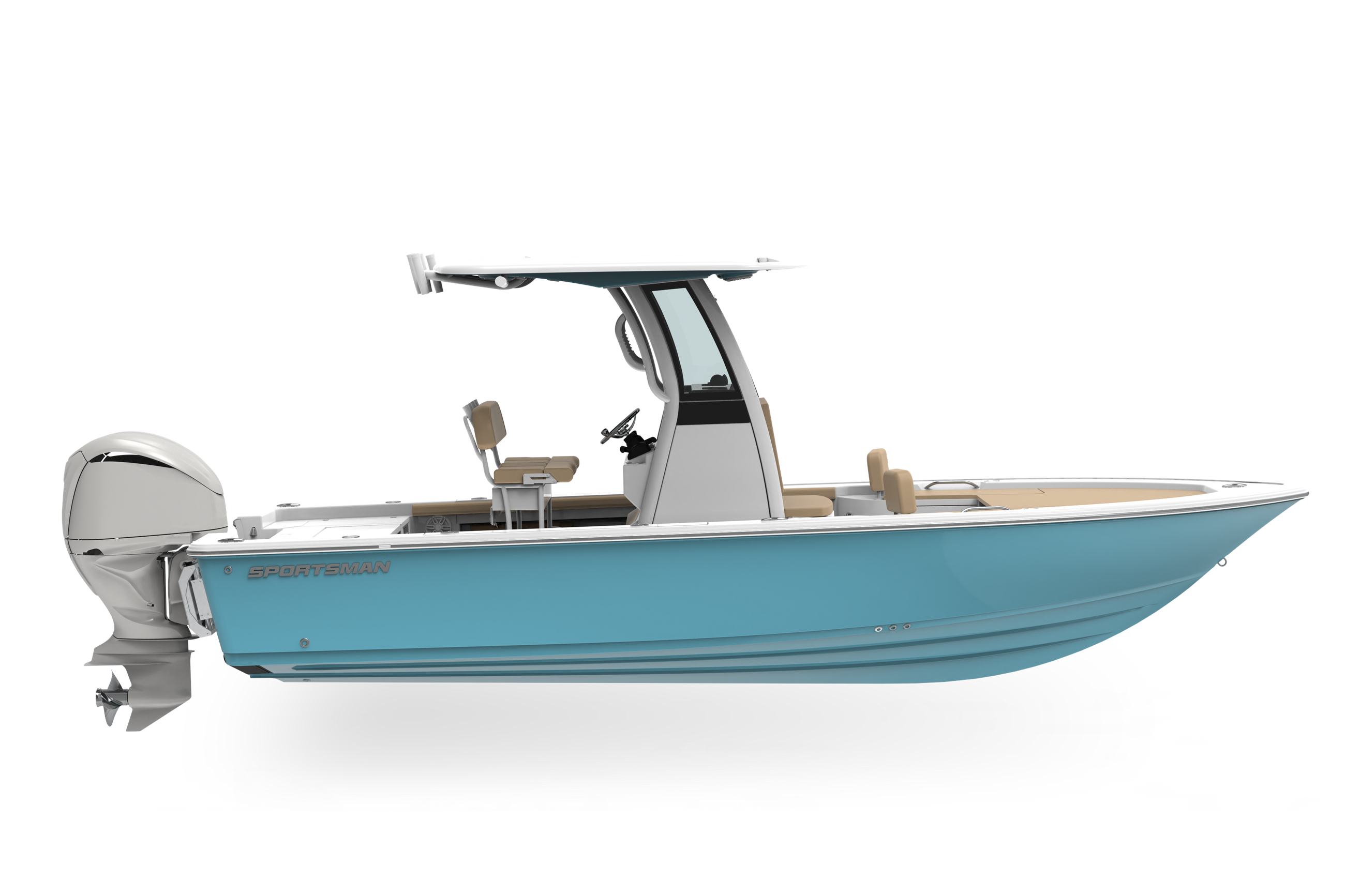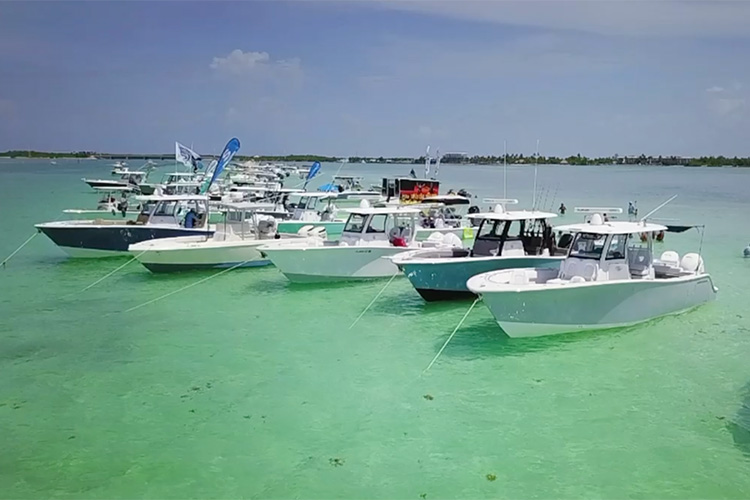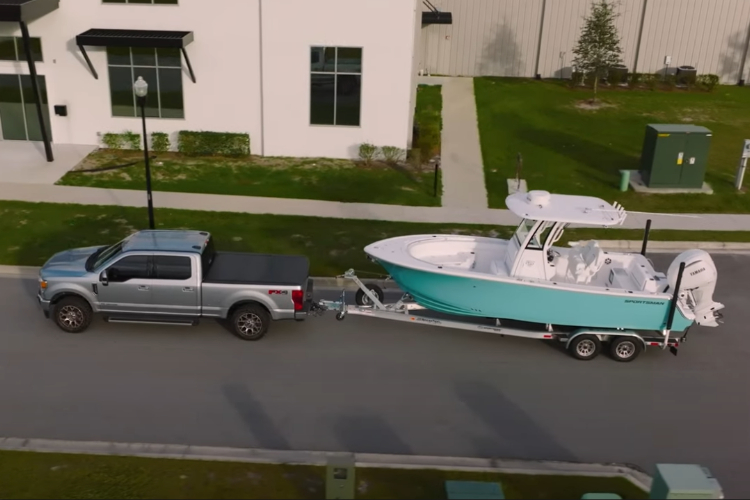When your engine dies or you run aground, towing coverage can save the day. BoatUS and Sea Tow offer towing, fuel delivery, jump starts, and more. BoatUS excels inland with flexible plans and GEICO Marine Insurance integration, while Sea Tow offers fast, flat-rate service and strong coastal coverage. This blog breaks down the differences to help you choose the best fit for your boating.


-
•Choose based on where you boat: BoatUS for inland waters and Sea Tow for coastal areas
-
•Understand the cost and inclusions: Sea Tow has a flat rate that includes towing fuel delivery and jump starts while BoatUS offers tiered plans and optional insurance bundles
-
•Expect differences in response times and coverage: Sea Tow often provides faster local service while BoatUS times can vary depending on area and contractor use
If you’re a boater, you’ve likely heard of BoatUS and Sea Tow. They’re the two most popular on-water towing services in the U.S., offering peace of mind for boaters in case of engine failure, running aground, or other mishaps on the water. But what exactly do they offer, how do they differ, and — most importantly — is it worth paying for? Let’s break it down.
What Are BoatUS and Sea Tow?
At their core, both BoatUS and Sea Tow offer:
• On-water towing
• Fuel delivery
• Jump starts
• Soft ungrounding
• Membership perks (discounts, resources, etc.)
They operate much like AAA does for drivers, but on the water. If your boat breaks down, you can call them and they’ll come help (as long as you're within their coverage area and the situation qualifies under their plan).
BoatUS: Overview
BoatUS (Boat Owners Association of The United States) is backed by GEICO Marine Insurance, and it offers both membership services and on-water towing.
Pros of BoatUS
• Larger Nationwide Network: More towboats in more locations, especially in inland lakes and rivers.
• Tiers of Membership: From basic to premium, with varying tow distances (from 3 to unlimited miles).
• Insurance Bundle Option: If you use GEICO Marine Insurance, towing may be included or discounted.
• More Than Just Towing: BoatUS includes educational resources, discounts at marinas, and advocacy for boaters’ rights.
Cons of BoatUS
• Variable Response Times: In some areas, BoatUS uses contracted towers instead of their own fleet, which can mean slower service.
• Add-Ons Can Get Pricey: Unlimited towing costs more than the basic plan, and freshwater towing may require separate coverage.
Sea Tow: Overview
Sea Tow is independently owned and operated with a focus solely on on-water assistance.
Pros of Sea Tow
• Flat-Rate, All-Inclusive Membership: One fee for unlimited towing, fuel delivery, jump starts, etc.
• Fast Response Time: Sea Tow operators are often local and know their waters intimately.
• Gold Card Membership Perks: Discounts on marine products, courses, and local marinas.
• Great Coastal Coverage: Particularly strong presence in saltwater/coastal areas.
Cons of Sea Tow
• Less Inland Coverage: If you boat primarily on inland lakes and rivers, Sea Tow might not be as widely available as BoatUS.
• No Insurance Integration: Sea Tow is strictly a towing service, not bundled with boat insurance like BoatUS.
In Comparison
When comparing BoatUS and Sea Tow, several key differences stand out. In terms of coverage, BoatUS boasts a larger national network that includes extensive access to inland waters, making it a strong choice for boaters who frequent lakes and rivers. Sea Tow, on the other hand, has a particularly strong presence in coastal areas, excelling in saltwater regions.
Pricing structures also differ between the two. BoatUS offers tiered membership plans, ranging from about $25 to $179 per year, depending on the level of coverage you choose. Sea Tow simplifies things with a flat annual fee, typically around $199, which includes all standard services without the need for upgrades.
When it comes to fuel delivery and jump starts, Sea Tow includes these services in all memberships by default, while BoatUS only includes them in its premium plans. Both services cover soft ungroundings, which is a major plus for boaters who might find themselves unexpectedly stuck.
An important distinction is the insurance bundle option. BoatUS is integrated with GEICO Marine Insurance, offering potential discounts or bundled benefits for policyholders. Sea Tow operates independently and does not offer any insurance tie-ins.
In terms of response time, Sea Tow is often praised for its fast and localized service, as many of its operators are independently owned and familiar with the specific waters they serve. BoatUS response times can vary more widely, especially in areas where they rely on third-party towers.
Lastly, both services offer additional perks for members. BoatUS includes discounts, educational resources, and advocacy for boaters’ rights. Sea Tow also offers member discounts but places more emphasis on local knowledge and hands-on support.
So, do you need boat towing coverage?
For most boaters, the answer is yes. On-water towing can be surprisingly expensive, and breakdowns happen more often than you'd think — especially if you boat in unfamiliar or coastal waters. Coverage provides peace of mind, emergency support, and potential savings when it matters most. If you stick to small, local lakes and stay close to shore, you might get by without it — but for everyone else, it’s a smart investment.
Choosing between BoatUS and Sea Tow largely depends on where you boat. BoatUS is ideal for inland waters and those with GEICO Marine Insurance, while Sea Tow is better suited for coastal boaters who want simple, flat-rate coverage and fast local service. Both are reliable — it just comes down to which fits your boating lifestyle.
Whichever you choose, having coverage is about more than convenience — it’s about staying safe, prepared, and confident on the water.
Related Posts
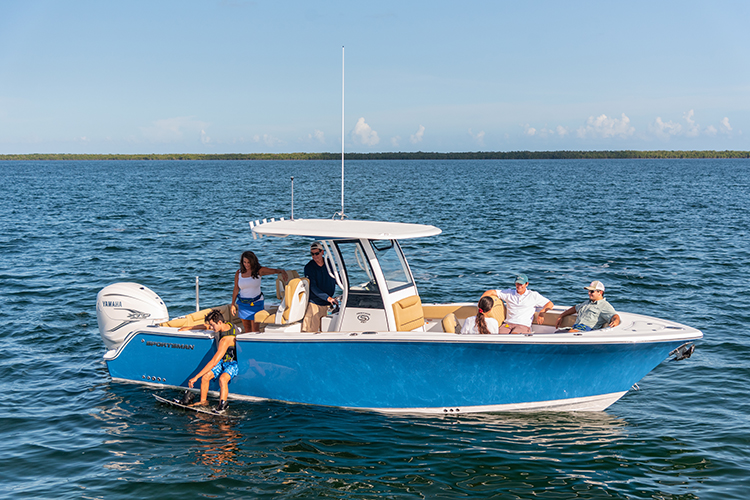
Gear up to ski and wakeboard behind your Sportsman! The Heritage 261 comes with a tow bar, perfect to get you and your family behind the boa...
Read More